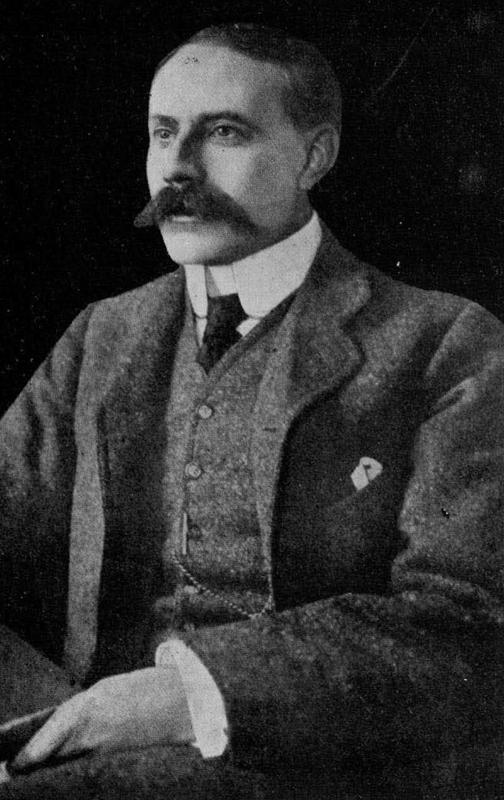Elgar, Edward
Name
Elgar, Edward
Variant name
Edward William Elgar
Gender
Male
Birth
June 2, 1857
Death
February 23, 1934 Worcester
Descriptive Note
Sir Edward William Elgar was an English composer. Among his compositions are orchestral works including the Enigma Variations, the Pomp and Circumstance Marches, concertos for violin and cello, and two symphonies. He also composed choral works, such as The Dream of Gerontius, chamber music and songs.
During the 1890s, Elgar built his reputation as a composer with works for choral festivals, which included The Black Knight (1892) and King Olaf (1896), The Light of Life (1896) and Caractacus (1898). In this period he also composed the Serenade for Strings (1892) and Three Bavarian Dances (1897). At the age of forty-two, Elgar wrote the Enigma Variations. Elgar is probably best known for his Pomp and Circumstance Marches, which he composed between 1901 and 1930.
In 1904, Elgar was knighted at Buckingham Palace. Between 1905 and 1908, he held the post of Peyton Professor of Music at the University of Birmingham. He traveled and toured extensively. He reached the epex of success with his First Symphony (1908), which was performed in quick succession in New York, Vienna, St Petersburg, Leipzig, Rome, Chicago, Boston, Toronto and many British towns and cities. Another successful piece was The Violin Concerto (1910), which was commissioned by renowned violinist Fritz Kreisler.
In his final years, Elgar experienced a musical revival, with the BBC's presentation of a festival of his works to celebrate his seventy-fifth birthday, in 1932.
On the occasion of the Exposition of Turin 1911, Maestro Elgar directed two concerts in the Salone delle Feste, Pavilion of Festivals and Concerts:
October 18, 1911: music by Weber, Mozart, and Elgar himself.
October 20, 1911: music by Mendelssohn and Elgar.
Roles
Performing Artists, Conductors (Musicians)
Related Locations
Related Built Environment Objects


